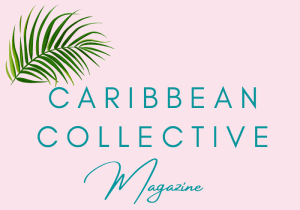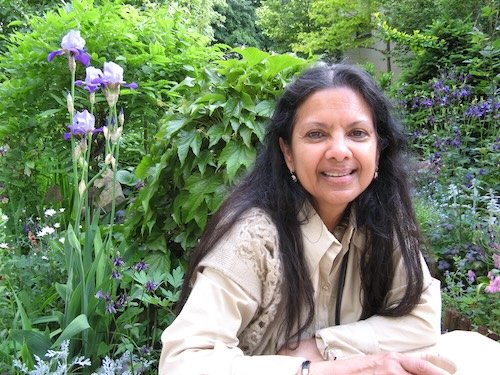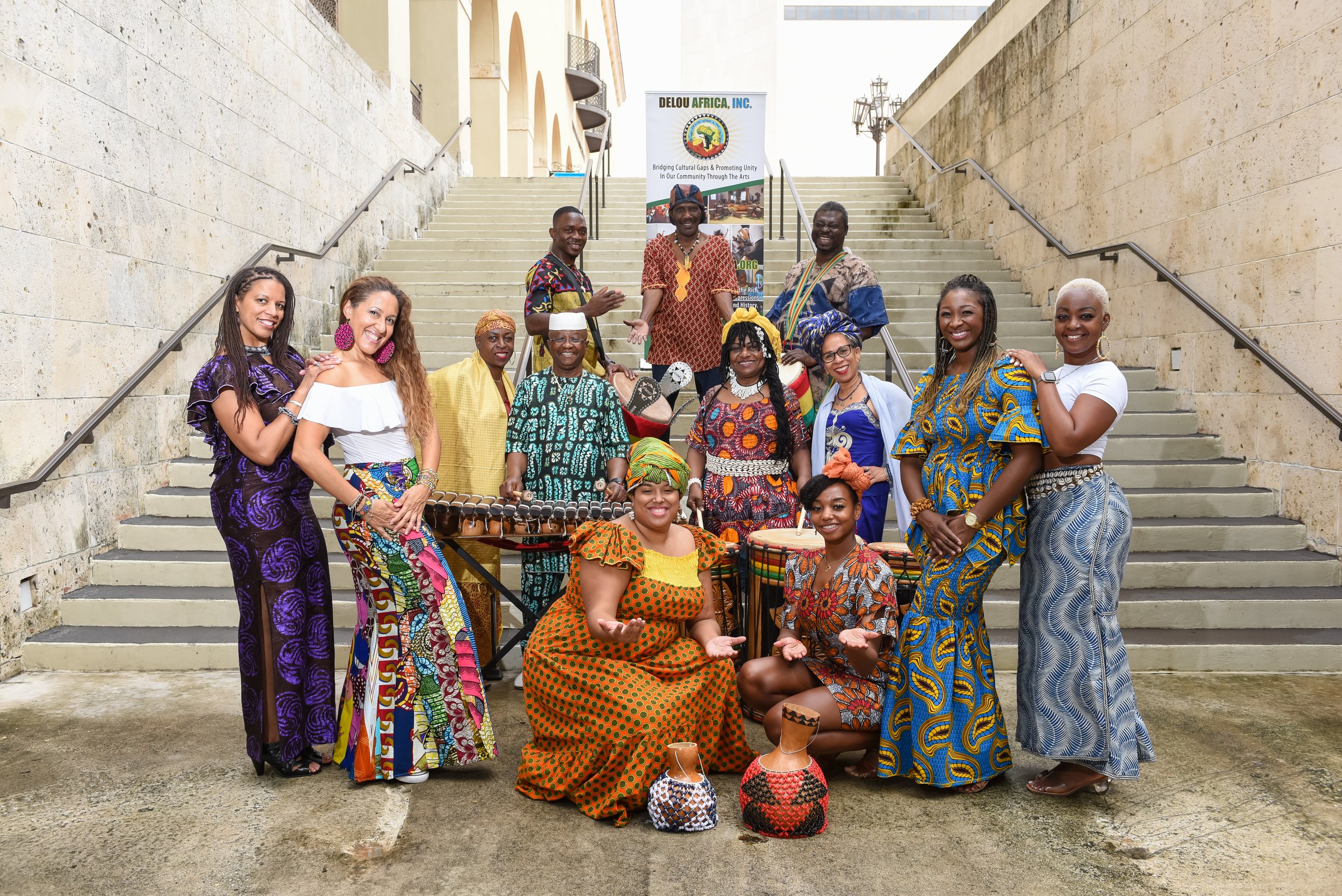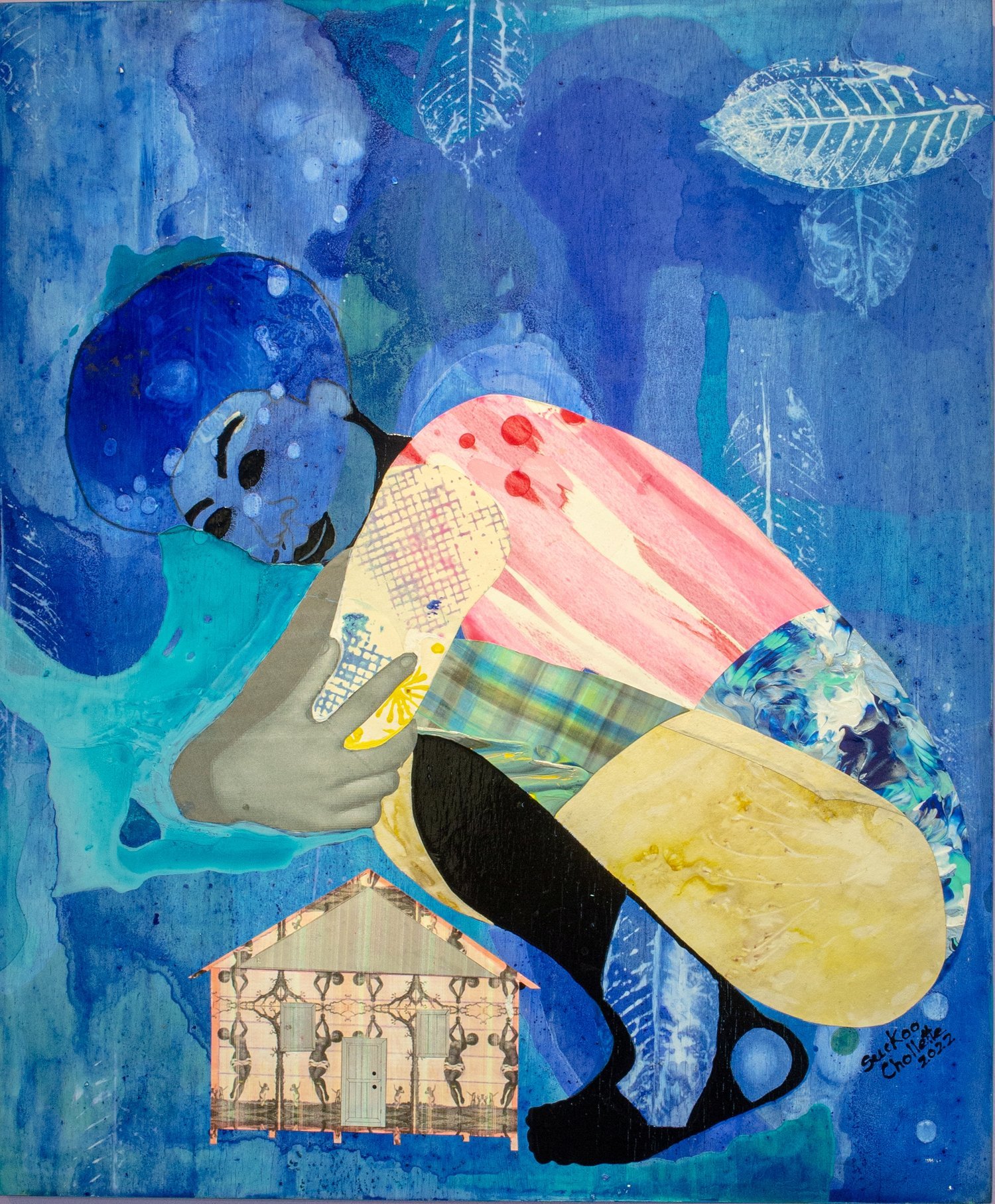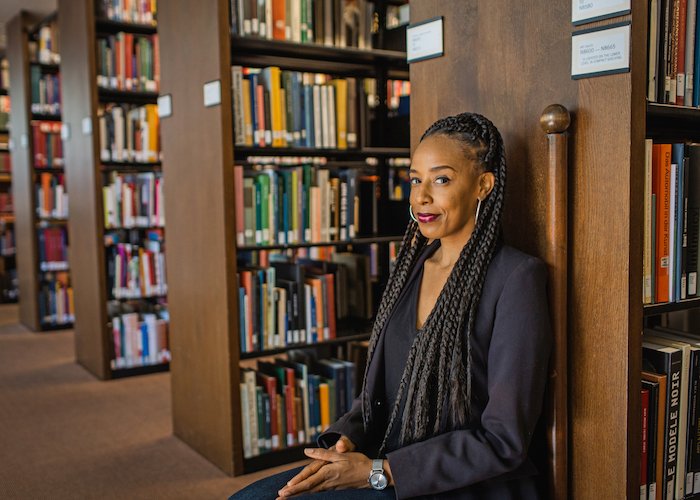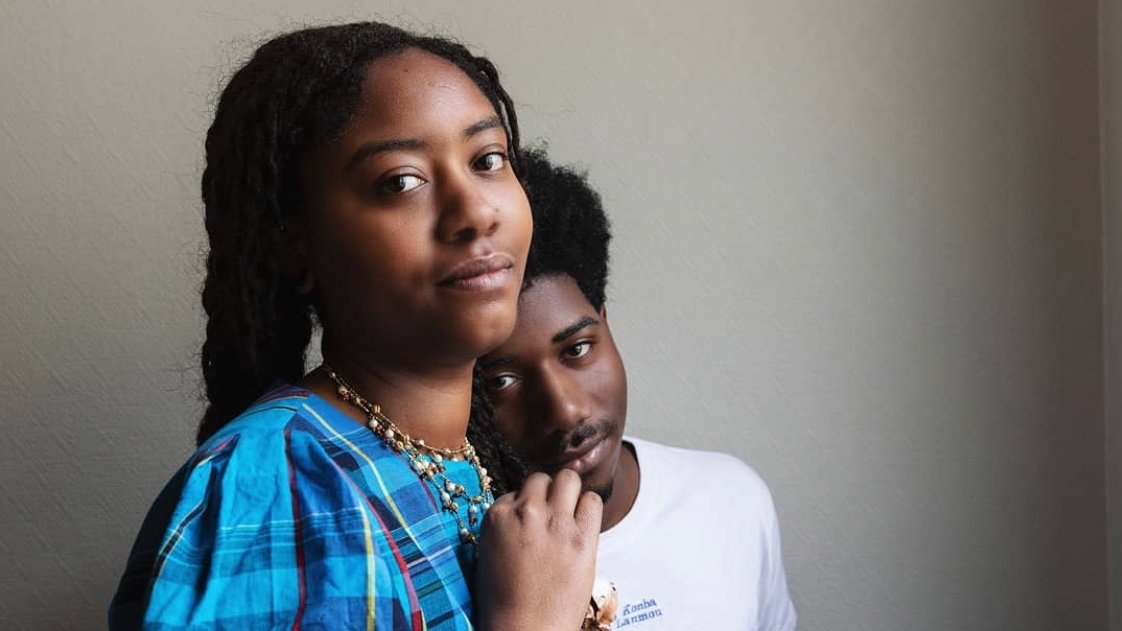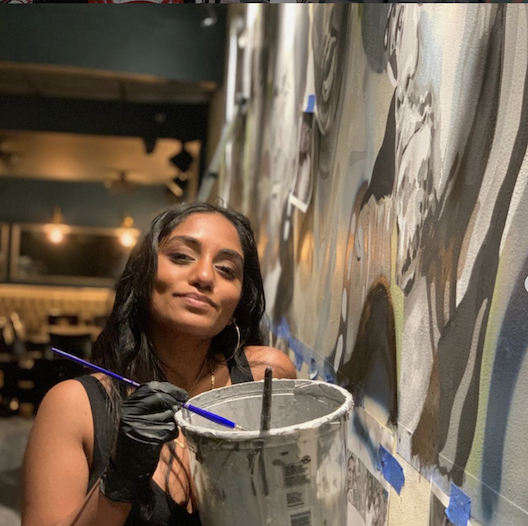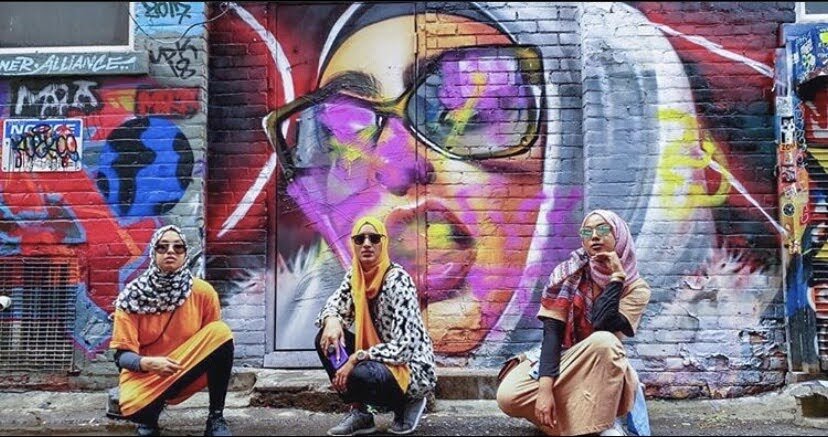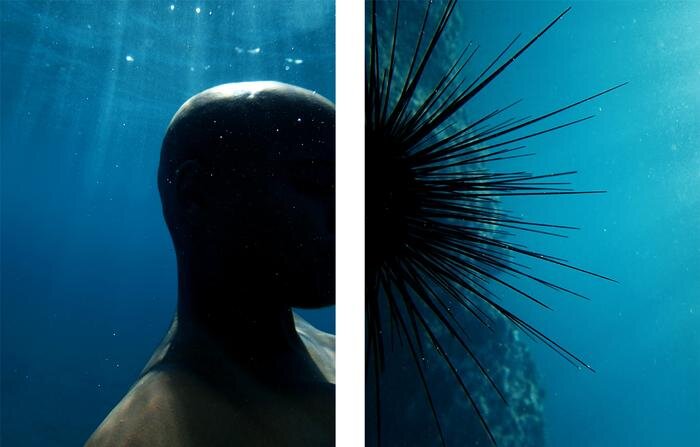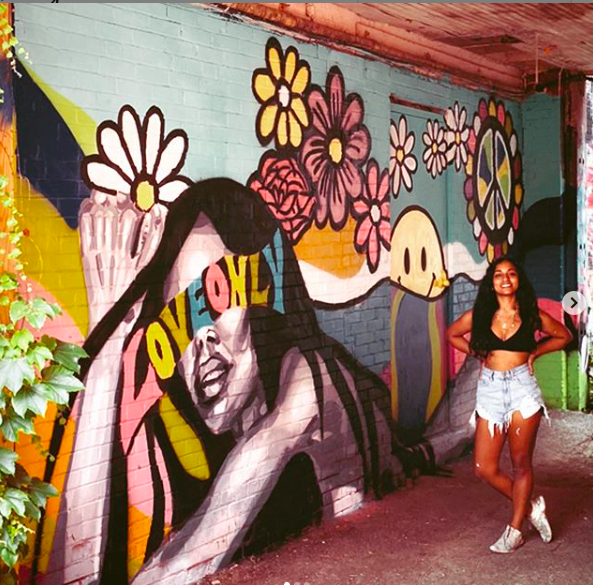CEO Anjiro Gabriel of Caribbean Community Connection of Orlando on Mental Health Resources
written by Cassy J.
“...don’t be afraid. There are so many services out there willing to help you understand and recognize the immense trauma and pain you may be experiencing. Get educated on where and who can help you. My organization is not just limited to Florida, we are stationed in Florida but with technology we have the ability to reach people in different parts of the world or even direct you in the right direction for gaining help closer to home. Don’t be afraid to reach out.”
Anjiro Gabriel, CEO Caribbean Community Connection of Orlando
As a West Indian womxn, our community’s relationship with mental health has always been promoted as something to be ashamed of. If we mention it, it is dismissed, seen as crazy or worse —our superstitious aunty tells us someone probably performed “obeah pon yuh.”
At CC Mag we’ve made it a mission to highlight, engage in dialogue with mental health experts, and tackle the cultural issue of tabooness. So it was a pleasant surprise when I learned about an organization called Caribbean Community Connection of Orlando. I had the opportunity to sit down and speak with chief executive officer Anjiro Gabriel. We spoke about the work the organization does and aspects of Caribbean culture that may be preventing womxn from getting the help they need.
What inspired the creation of Caribbean Community Connection?
“In 2003, there were not many organizations catering to the needs of the Caribbean community in providing social and mental services. The only one that did was exclusively for Haitians. We created Caribbean Community Connection for all members of the West Indian community. Even though we are in Orlando, we are open to people from all over the world. For example, we have ‘The Charity Letter Program’ where people would come to us if they just arrived in the country or one of their uninsured or underinsured family members are in need of medical services. We pair them with one of our partners for just $20 a visit. So our outreach is well beyond the borders of Florida.”
The organization focuses on providing mental health resources. Did you find there was hesitation from members of the community?
“Mental health is a touchy subject in our community. The way we have been taught to handle those situations, is to hold it in or go get a job or go to school and when you come home you will feel better. However, when we go into homes and constantly talk to the family and the individual about the reality of mental health issues, emotional health issues; even though it may take some time, the family eventually comes around.”
What would you say are some of the most prevalent issues womxn in our community face?
“From what I’ve seen, there are struggles of single-parent households and a deep mistrust in a mental health support system. A lot of our services touch children who are the first in their family to have an education. The mothers of households in which they are the breadwinner have a distrust of the system; they are more resistant to any form of help. That’s why we are adamant about having at-home counsellors. It is important that our clients feel comfortable and culturally understood by the people who are trying to help them.”
Your services are not limited to adults but teenagers as well. How did that come about?
“So, when we first began, it was easier to go into schools and provide services to middle school and highschool students. Once we gained traction and built a level of trust with the children, we were able to reach numerous adults in the community and introduce them to the services we provide.”
[Additional Read: Your Father Hit Your Mother: 6 Ways to Recognize and Break the Cycle of Abuse]
One of your many services is the Teen Pregnancy Awareness Program. What is the response to the program?
“We’ve rebranded it to a program called ‘Teen Dream.’ It initially started as a program to bring awareness to teen pregnancy and introduce programs to the girls and boys who were affected, showing them that they still can achieve their dreams despite having children at an early age. However, many were not receptive to this and it was not just the Caribbean community but the Orlando community as a whole. ‘Teen Dream’ on the other hand brings awareness to various issues surrounding teen relationships like domestic violence, sexting and we’ve also added in the pregnancy component.”
Last but not least, what are your goals for Caribbean Community Connection?
“We definitely want to expand in other counties of Florida. We currently do work in nine counties, but we are hoping to expand to various parts of Florida. South Florida has a large Caribbean community and we would like to expand there next. Also, being able to get the word out to the community that there are services available, you merely have to reach out and we would help. There are so many members of our community who are complacent and desensitized to their mental health circumstances. Being able to recognize that they have many services, resources, and people who are willing to help them can make all the difference in the world.”
As a community who suffers from generational trauma and denial about mental health issues, we must be willing to open ourselves up to dialogue and resources. It will empower us and teach us how to break the generational trauma normalized within West Indian culture. Please note, in light of COVID-19 the organization offers virtual and online support.
If you or anyone you know is in need of assistance or resources please contact the organization at 407-473-7616. To learn more about the Caribbean Community connection of Orlando visit their website here and Facebook page here.
